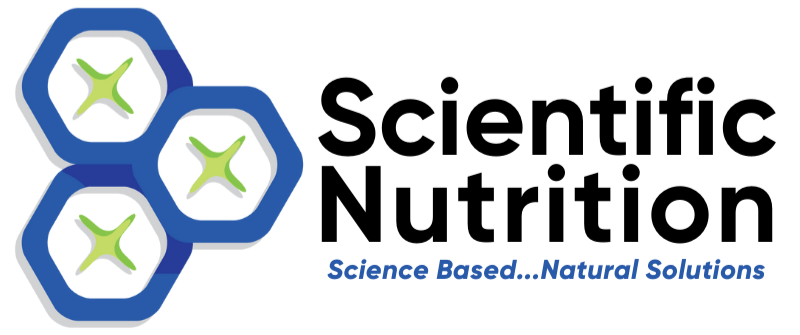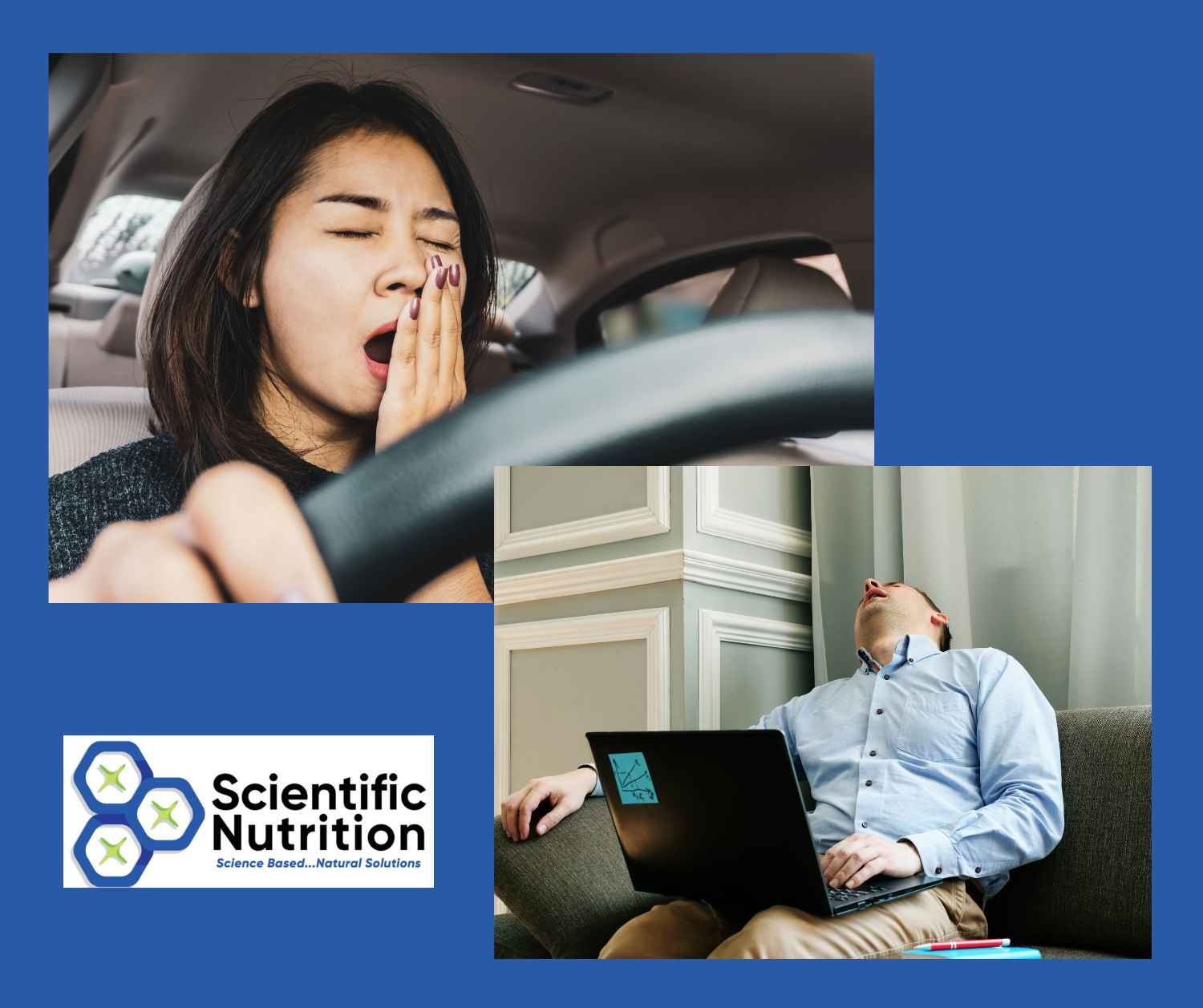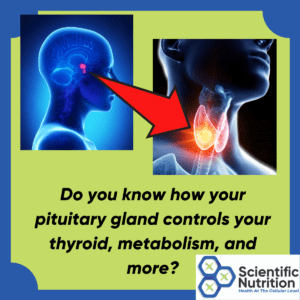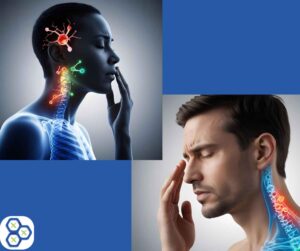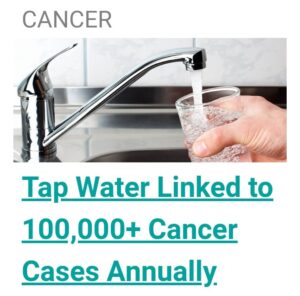Causes and Symptoms of Iron Deficiency Anemia and Natural Solutions
There are many causes of anemia and the symptoms can vary with each individual. I want to educate you on the potential causes and natural solutions to correcting this debilitating situation.
What is iron deficiency anemia or low iron?
Iron deficiency is when you have low iron in your body. In other simple words, it’s a condition in which your blood has low red blood cells.
Iron deficiency may sound like something medical jargon, but it’s a serious concern for millions of people around the world. If your blood does not have enough red blood cells, it means that your body is not getting enough oxygen. Oxygen in the body is responsible for hundreds of micro and macro functions.
Iron is a critical heavy metal. If it’s too much in your body, you will face iron toxicity or poisoning, which is equally dangerous as iron deficiency. You need to be very careful about iron intake to avoid both conditions.
In this blog, I will discuss the causes, symptoms, and health impacts of iron deficiency and how you can cope with it through natural solutions.
Care about your health? Read on.
What are the causes of iron deficiency anemia?
If your body is short on iron for a long time, it causes anemia. It’s not something that happens overnight and becomes chronic. Your specific lifestyle choices contribute to it. Here are some of the major causes of iron deficiency anemia;
Inadequate or poor dietary iron intake
Your diet is one of the major factors for many illnesses if it is not balanced. Your body gets iron from the food you eat. Some iron-rich foods include red meat, poultry, fish, beans, lentils, and fortified cereals.
If you are not consuming enough of these foods, your body will run short of the necessary iron. But remember, if you are consuming too much, you will get iron toxicity. You will want to follow a plan of a balanced ratio of nutrients. Mix up your diet with iron-rich foods and iron-less foods.
Poor iron absorption
Your body naturally absorbs 5-20% of iron from food. But if the absorption is slow (which happens when you drink too much tea or consume calcium), you need to maximize it.
In this case, you can include some vitamin C in your diet to absorb the iron better. Vitamin C-rich foods like citrus fruits or bell peppers can help your body absorb iron more efficiently. It is more beneficial to get your vitamin C from vegetables to avoid high blood and cellular glucose. Keep in mind citric acid opens your blood-brain barrier to redepositing heavy metals into the brain so avoid it if you are detoxifying.
Chronic blood loss
Heavy menstruation or other sources of chronic (heavy) blood loss can slowly deplete your iron stores. Ladies, take care of your menstrual health and consult with your healthcare provider if needed.
Internal bleeding can also deplete iron in your body. Certain conditions like ulcers or gastrointestinal disorders may contribute to internal bleeding. So, paying attention to unusual symptoms is crucial. Black or darkening stool is a big indicator you can monitor daily.
Vitamin deficiency links to iron deficiency anemia:
Certain vitamin deficiencies can cause iron deficiency which leads to anemia. Here are those essential vitamins:
Vitamin B6 deficiency
Vitamin B6 is crucial for hemoglobin production. Ensure you’re getting enough daily from sources like poultry, fish, and whole grains.
Vitamin E deficiency
Fragile red blood cell membranes can result from a lack of vitamin E. Incorporate nuts, seeds, and spinach to strengthen these membranes.
Vitamin B12 and vitamin A deficiency
Vitamin B12 and vitamin A are essential for red blood cell creation and recycling. Include dairy, eggs, leafy greens for B12, and orange or yellow vegetables for vitamin A.
Vitamin C deficiency
Vitamin C deficiency can be a silent partner in reducing iron absorption. Boost your intake with citrus fruits if not actively detoxifying, strawberries, and broccoli.
What are the symptoms of iron deficiency anemia?
Iron deficiency manifests symptoms like;
-
Paleness:
A fair-skinned person may exhibit obvious paleness due to reduced hemoglobin, giving the skin a less rosy hue. The lower inner eyelid, usually pink with blood flow, can appear very pale, offering a visual cue of anemia. Pull down your lid and check yourself often.
-
Cold hands and feet and brittle hair:
Reduced oxygen delivery can manifest as cold extremities. It is a common symptom of iron deficiency. Brittle hair and breaking or ridged fingernails may also signal an imbalance in iron levels. This can also coincide with a slow metabolism and impaired thyroid functions.
-
Weakness and fatigue:
Insufficient oxygen reaching muscles results in weakness and fatigue, which impacts energy levels. The smaller red blood cells associated with anemia contribute to this feeling of lethargy to extreme exhaustion.
-
Blood pressure fluctuations:
Iron deficiency can lead to high and low blood pressure, highlighting the important role of iron in circulatory health.
-
Headaches and dizziness:
Inadequate oxygen supply to the brain can trigger headaches and dizziness, which affects overall cognitive function.
-
Cognitive impairments:
Slower cognitive abilities, including difficulties with concentration and memory, can be early indicators of iron deficiency. More severe conditions such as cancer, diabetes, arthritis, and cirrhosis may be linked to an underlying iron imbalance.
-
Emotional instability:
Iron is essential for neurotransmitter function in the brain. Deficiency can lead to emotional instability and, in extreme cases, conditions like schizophrenia. When one shows deficiency, they may also have stored oxidized and toxic iron resulting in rage or triggered anger.
-
Unusual cravings:
An intriguing aspect of iron deficiency is the body’s unusual cravings, such as ice, starchy items, clay, or dirt. An obstetrician should be asking pregnant women about these strange cravings to find the deficiency immediately.
In children, symptoms may manifest as ADHD, hyperactivity, and lower IQ values, emphasizing the far-reaching impact of iron levels on cognitive development.
How to naturally raise iron deficiency anemia levels?
You can gradually rebuild your iron reserves daily by eating iron-rich foods. There are two kinds of dietary sources;
Heme sources (animal-based):
- Lean meats: Beef, pork, lamb.
- Poultry: Chicken, turkey
- Fish: Salmon, tuna
Include these sources 2-3 times weekly in your diet.
Non-Heme sources (plant-based):
- Legumes: Lentils, chickpeas, black beans
- Seeds: Pumpkin seeds, sesame seeds
- Nuts: Cashews, almonds
- Whole Grains: Quinoa, fortified cereals (bran flakes)
- Dark Leafy Greens: Spinach, kale
Apart from these sources, you can experiment with cooking as well. For instance, combine iron-rich foods with vitamin C foods like citrus if you are not actively detoxifying. You can also include spinach and chickpea Salad and quinoa stir-fry with other usual meals. You could also eat a small piece or two of dark chocolate once a day if you are sure it is not contaminated with other heavy metals such as lead.
Avoid excessive tea and coffee and remember that you need a balanced diet. Otherwise, consuming too many iron-rich foods will create other problems.
Should I avoid iron supplementation while having iron deficiency?
Iron supplementation is advised during a true iron deficiency but there are certain conditions when you should avoid taking supplements.
Below are some conditions when you should not take iron supplements.
Existing health conditions:
- Hemochromatosis: Individuals with hereditary hemochromatosis (a condition where the body absorbs too much iron), should avoid additional iron supplementation.
- Chronic Liver Disease: Those with liver conditions may have difficulty processing excess iron, which makes supplementation problematic.
Medical treatments:
- Regular blood transfusions: Patients receiving frequent blood transfusions already receive supplemental iron through this process. So taking additional supplementation is unnecessary.
- Erythropoietin therapy: Some individuals undergoing erythropoietin therapy (a treatment for anemia) may not require additional iron supplements. Your medical doctor will advise you and you can use a Hair Mineral Analysis to see your cellular storage levels.
Certain medications affecting iron deficient anemia:
- Antibiotics and antacids: Certain medications, like antibiotics and antacids, can interfere with iron absorption. If taken simultaneously with iron supplements, their effectiveness may be compromised.
- Proton Pump Inhibitors (PPIs): PPIs, often used for acid reflux, can hinder the absorption of non-heme iron from plant-based sources. Let’s chat about these products as they are very high in aluminum!
Specific health situations:
- Gastrointestinal Disorders: Conditions such as inflammatory bowel disease (IBD) or Celiac Disease can impact iron absorption.
- Infection or Inflammation: Inflammatory conditions can affect iron regulation in the body, and supplementation may not be advisable during active infection, inflammation, or diagnosed cancer as it feeds it.
If you don’t know the causes, levels, and your conditions, don’t take iron supplements at all. Always consult with your healthcare professional or book a consultation with me for more information.
Hair Analysis for Iron
As you can see the balance of available iron is just as important as detoxifying oxidized iron (iron toxicity). Knowing what is needed for supplementation and dietary needs can be seen on your Hair Mineral Analysis test to give you direction to correct the iron level.
Don’t guess, just test!
Final words
You can’t afford iron deficiency and anemia if you want a high-quality life. You need a balanced and well-checked lifestyle. Iron deficiency and toxicity are both the results of your imbalanced diet and unhealthy habits. We can correct them!!
That is why whether you have iron deficiency anemia or not, you should check on your cellular health with a Hair Analysis biannually. It will help you gauge your health quality in many ways and monitor trends before they become an issue.
Have any questions? LET’S CHAT on a complimentary consultation.
Copyright Scientific Nutrition, LLC 2024
